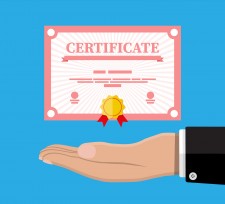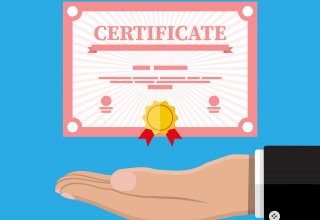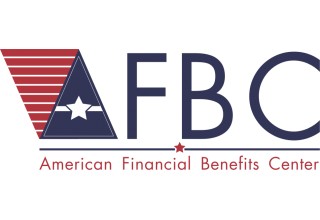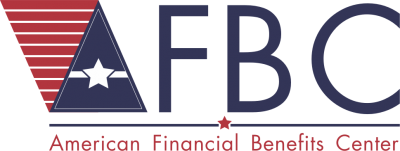American Financial Benefits Center Asks, What Are Micro-Credentials?

Emeryville, CA, September 7, 2018 (Newswire.com) - What are micro-credentials? Micro-credentials are certificates and badges that identify specific skills and competencies. With the national $1.52 trillion student loan debt crisis looming over America, micro-credentials are seen by some as a way to certify soft and technical skills without adding to the cost, and debt, of a four-year degree. Many universities and online learning platforms are offering these certifications. American Financial Benefits Center (AFBC), a document preparation company that assists with federal student loan repayment program applications and recertifications, encourages borrowers to seek educational opportunities that can give them more marketable skills without increasing student loan debt.
"Many student loan borrowers need to update their skills, or just get acknowledgment for the training and experiences that they already possess," said Sara Molina, Manager at AFBC. "Though it is impossible to tell if micro-credentials will be valued by employers, we encourage our clients to face their student loan debt, find a manageable solution such as an income-driven repayment plan, then hopefully pursue the career they have always wanted."
Though it is impossible to tell if micro-credentials will be valued by employers, we encourage our clients to face their student loan debt, find a manageable solution such as an income-driven repayment plan, then hopefully pursue the career they have always wanted.
Sara Molina, Manager at AFBC
One way micro-credentials work is for online learning platforms to award them to employees to document the skills that they possess and the training they have undergone. Employers utilize micro-credentials as a means to assess the specific skills an employee has. Micro-credentials allow employers to better understand areas where employees can excel and where they will need more training. Employees can use micro-credentials as a way to build their resume if they want to advance within an organization or move to another company.
Another way that micro-credentials work is within the traditional college system, by certifying skill sets learned in a class, rather than just the normal letter grade at the end of each class. The goal, for employers, is to be able to more closely scrutinize a prospective or current employee’s attainment of soft or technical skills for more efficient hiring and placement. For learners, micro-credentials are portable, meaning they stay with them from employer to employer, and can be leveraged for wage and career advancement in the workplace.
Proponents say that micro-credentials can be quantified, giving learners a more efficient tool to understand which micro-credentials are most valued in the workplace. With millions of Americans owing trillions of dollars of debt, it is crucial for learning institutions to provide more affordable marketable certifications for students and employees. Detractors say that the system may be difficult to monitor and that there is no way to ensure that micro-credentials will add value to a resume.
It is difficult to say if micro-credentials can help borrowers facing the realities of life after higher education. For student loan borrowers, career pursuits often result in accepting low-paying or entry-level jobs. Such borrowers may have trouble affording their costs of living and the costs of student loan repayments. Alternative plans, such as IDRs, may help a borrower obtain more flexibility to pursue life and career goals. IDRs reduce a qualifying borrower's payments to 10 to 15 percent of their discretionary monthly income based on income and family size — allowed to be as low as $0. IDR programs are also eligible for federal loan forgiveness after 20 to 25 years of enrollment in the program.
"Micro-credentials may or may not help those overwhelmed by student loan debt, but IDRs might allow borrowers the chance to get their payments together," said Molina. "If monthly payments are lowered, borrowers can hopefully more easily repay their debt, and hopefully pursue the career opportunities they always dreamed of.”
About American Financial Benefits Center
American Financial Benefits Center is a document preparation company that helps clients apply for federal student loan repayment plans that fit their personal financial and student loan situation. Through its strict customer service guidelines, the company strives for the highest levels of honesty and integrity.
Each AFBC telephone representative has received the Certified Student Loan Professional certification through the International Association of Professional Debt Arbitrators (IAPDA).
American Financial Benefits Center Newsroom
Contact
To learn more about American Financial Benefits Center, please contact:
American Financial Benefits Center
1900 Powell Street #600
Emeryville, CA 94608
1-800-488-1490
info@afbcenter.com
Source: American Financial Benefits Center


